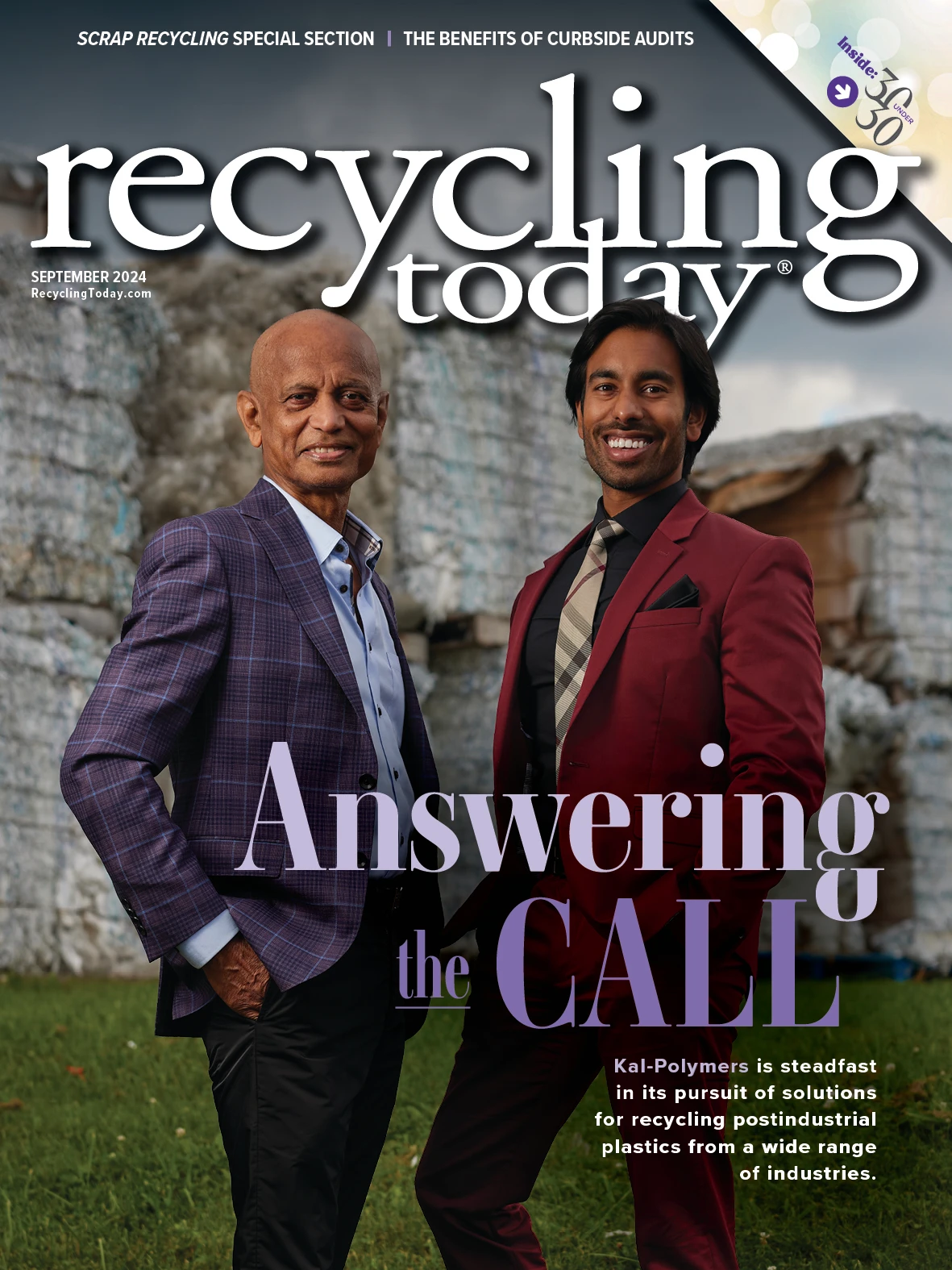
As large consumer brands have released 2023 sustainability reports in recent months, a common theme has emerged when it comes to the use of recycled plastic in their packaging.
Many brands are Ellen MacArthur Foundation Global Plastics Commitment signatories and have made pledges to use between 5 percent and 100 percent postconsumer resin (PCR) in their packaging by 2025 or 2030. While each signatory has reported varying degrees of progress, collection and material availability remain trouble spots.
One example is PepsiCo, which reported in June that it used 10 percent PCR in its packaging in 2023, up from 7 percent in 2022 but still well short of its 2030 goal of 50 percent. The company also reports a 6 percent increase in virgin resin use last year and says its pursuit of recycling goals has been hampered in part by inadequate recycling infrastructure, low recycling rates and a limited supply of high-quality PCR.
Another example is Keurig Dr Pepper, which reported in June that its 2023 use of PCR totaled 17 percent, lower than its 18 percent usage the year prior and short of its 2025 goal of 25 percent. The company cites “managing the inconsistency and underdevelopment of recycling and refillable packaging infrastructure, including the availability of postconsumer recycled materials, alongside fragmented state and federal policies” as ongoing challenges.
"How can companies close the gap toward their recycled content goals? The answer seems to lie in increased collection, and there are signs of hope in that regard.”
Though not a commitment signatory with a packaging goal, energy giant Shell has said it plans to back away from a 2025 pledge to turn 1 million metric tons of plastic scrap into pyrolysis oil for use in its global chemicals plants, citing a lack of available feedstock.
How can companies close the gap toward their recycled-content goals? The answer seems to lie in increased collection, and there are signs of hope in that regard.
In August, The Recycling Partnership’s (TRP’s) PET Recycling Coalition reported it has deployed more than $5 million in grant funding since 2022, leading to the capture of 29 million new pounds of recycled polyethylene terephthalate (PET) per year. The Washington-based coalition awards grants to material recovery facilities, secondary sorters and reclaimers to increase acceptance, capture and delivery of higher-quality recycled PET to the market.
When it comes to collection, TRP Vice President of Materials Advancement Brittany LaValley says, “The coalition’s first annual report demonstrates how collective action is making it possible for more PET to be recycled and transformed into future packaging.”
Get curated news on YOUR industry.
Enter your email to receive our newsletters.
Explore the September 2024 Issue
Check out more from this issue and find your next story to read.
Latest from Recycling Today
- ReMA board to consider changes to residential dual-, single-stream MRF specifications
- Trump’s ‘liberation day’ results in retaliatory tariffs
- Commentary: Waste, CPG industries must lean into data to make sustainable packaging a reality
- DPI acquires Concept Plastics Co.
- Stadler develops second Republic Services Polymer Center
- Japanese scrap can feed its EAF sector, study finds
- IRG cancels plans for Pennsylvania PRF
- WIH Resource Group celebrates 20th anniversary






